
Before we dive into today’s Q&A, two quick yet exciting announcements: First, Love and Paklava is now on NetGalley! You can request a free advanced copy before it’s released on June 17.
Sending out ARCs is always a nerve-wracking experience that makes me want to puke, so thank you for your support!
Also, if you want to get caught up on the Glam Fam series, now’s your chance!
To celebrate Earth Day, I’m offering Love on the Rocks for FREE, as part of the #RomanceBookBlast, hosted on romancebooklovers.com. Over 1,100 romance e-books are available for free, but the promotion is today ONLY, so don’t miss out!
Now for the main event. It’s times like these when I’m thankful for my PR experience, because guess who landed an exclusive with Armenian Weekly?!
As an indie author, I’m my own publicist, which means I can’t wait for opportunities to appear on my doorstep. I have to make them. So I teamed up with four fellow Armenian authors and pitched an interview on our cultural identity and its role in romance.
I encourage you to check out the full interview on Armenian Weekly and consider donating to support the work of their community journalists. Freedom of the press is our constitutional right, and independent media organizations need our solidarity more than ever.
We’ve got a fun conversation, so let’s introduce our panelists! And make sure you scroll to the end because we’ve got a super-special giveaway in store for you.
Meet the Panelists
Alyssa Jarrett is a romance author and content marketer based in the San Francisco Bay Area, where the only thing funnier than working in tech is writing about it. Her debut novel, Love Apptually, is the first installment in a 5-book series of Silicon Valley rom-coms. When she’s not telling steamy, satirical love stories, she can be found drinking an iced tea or cuddling with her husband and three cats.
Born and raised in California, Gissane Sophia is a hopeless romantic who ceaselessly champions that vulnerability is a strength. She's a fan of complex characters, found families, her bright, brilliant family and friends, coffee, forests, and all things autumn. When she isn't dabbling in writing romance novels, she's reading them. And when she's doing neither, she's devouring fiction through TV and film, working full-time as an entertainment editor and writer.
Jeanette Rose became interested in writing when she majored in Classical Civilization with a minor in Latin from Tulane University. She then went on to get her Law Degree and obviously couldn’t function in the real world, so she got a third degree.
T. (Tamar) Isajanyan is a historical fiction lover with a special place in her heart for Armenian myths and legends. The ancient and magical worlds speak to her in ways nothing else can. Born in Toronto, Canada, she currently resides in Armenia with her husband and daughter. Today, she has multiple series in the works, the first of which encompasses "A Tale of Hayara" in its Bronze Age Armenia setting.
Taleen Voskuni is an award-winning writer who grew up in the Bay Area Armenian diaspora. She graduated from UC Berkeley with a B.A. in English and currently lives in San Francisco, working in tech. Her first novel, Sorry, Bro, received starred reviews from Kirkus and Booklist and was favorably reviewed in The New York Times. Sorry, Bro is also the winner of the 2023 Golden Poppy award for best romance. Lavash at First Sight is her second published novel.
A Q&A on Armenian Identity and Its Role in Romance
1. Setting is a vital component of anyone’s story. How have the places where you’ve lived informed your Armenian identity and work?
Alyssa Jarrett (A.J.): My hometown of Fresno has one of the largest Armenian-American communities, so it wasn’t until I moved to Northern California that I encountered people who knew nothing about Armenia and couldn’t locate the country on a map. It was a disconcerting experience and made me understand the importance of Armenian education and activism. I may not be able to speak Armenian and I’m not having any children, so telling stories about Armenian culture is my way of keeping that culture alive.
Gissane Sophia (G.S.): I grew up in Glendale, so I feel like that almost speaks for itself. I’m a pretty shy person by default, so it’s helped having an active and affectionately loud community pull me out at times. I can speak Armenian fluently, but reading and writing are something I’ve always struggled with, so I now mostly try to keep it alive through my work.
Jeanette Rose (J.R.): Similar to the others, I grew up surrounded by our culture. Living in La Cañada meant Glendale was barely 10 minutes away, and every place had a cousin of mine, or an uncle or aunt. My dad’s family was very close and still is to this day, so as he was one of five brothers, we never lacked for the boisterous Armenian environment.
(Tamar) Isajanyan (T.I.): I started school without knowing a single word of English. Even cartoons had Armenian music in the background, so we were constantly exposed to the language. I went to Armenian school, attended Armenian church and grew up among Armenians until I hit university. There, I became vice president of the Armenian Students’ Association and taught non-Armenians about us. I wrote any paper I could on an Armenian topic, educating my professors along the way—and then, I moved to Armenia. If I had a shot for every time I mentioned that word in this single paragraph, I’d be dreaming in an Armenian drunken stupor now!
Taleen Voskuni (T.V.): I definitely got the San Francisco Bay Area Armenian experience growing up, and I wanted to showcase that in my books. In Sorry, Bro, I especially wanted the reader to feel what it’s like to be Armenian here, in San Francisco and the Peninsula. All three of my books include Armenian characters from the Bay Area, though. That’s what I know, so that’s what I’m writing!
2. For those of you who have discussed the Armenian Genocide explicitly in your work, how do you balance representing our ancestral trauma with celebrating our joy? What does a happily-ever-after (HEA) look like to you as an Armenian?
A.J.: Because most odars know very little about Armenia, I knew I had to discuss the genocide in my book to fill in the gaps of people’s education. But at the end of the day, I’m not a historian and I write contemporary rom-coms, so I’m focused on acknowledging the genocide without having my characters defined by it. An Armenian HEA is one of strength and resilience, and while the genocide plays a large part in that, it’s not the only part. If anything, I hope readers recognize how this 100-year-old tragedy is eerily similar to other conflicts around the world and realize that nothing changes if we as a society don’t learn from past atrocities.
G.S.: I had a very brief mention of it in A Certain Step, but it came as a passing thought rather than a detailed description. The genocide is so tough to write about that I can’t even do it with journalism sometimes. This is where my sensitivity as a person plays into how I struggle with words when I’m not sure I’m qualified to do something justice. Yet, I feel like even a mention is important since there are still so many people who don’t even know Armenians exist.
J.R.: Since I write fantasy, it hasn’t yet had a chance to make an appearance—but it will. If anything, it will be to tell the story of my great-grandmother on her own. There’s a reason my dad speaks fluent Turkish, and always will—it’s the just in case mentality. Their stories are a part of us all—and we resist by flourishing. They deserve their story, and one day, I’ll tell it.
T.I.: I haven’t mentioned it because I don’t do contemporary—at least, not yet. I have never allowed the genocide to be the extent of my identity. Our history is vast and exciting, with new discoveries to be made each day. As for an HEA, since my books fall in the epic dark romantic fantasy category, I’m not obligated to have one. Those I place in the historical romance category most certainly will. My marriage is a lovely HEA outside of stories, though. Maybe, I’ll do a contemporary sweet romance using ours as my base.
T.V.: I slipped an entire Armenian Genocide sub-plot into my very first rom-com, and I know some romance readers were not too happy about that. But honestly, I wouldn’t change a thing. The Armenian Genocide was too big for me to not mention, and I feel that some Armenians can get fatigued by the heaviness of how it weighs on us as a people. I wanted to explore that in Sorry, Bro. Nareh’s journey is what it means to be both Armenian and queer, and a huge part of being Armenian is the unresolved trauma from the massive-scale tragedy that’s woven into our DNA.
So, I wrote about that, but I also found it easy to write about our joy because that’s how life is for Armenians, especially in the diaspora. Our lives are lucky; there is so much happiness in them, even as we never forget the past. And I do want to mention that an Armenian HEA, for me, has to include the family being happy. I need the family to come together, too, at the end. Maybe that will change, but being close to family is one of my core values (which is strongly influenced by my Armenian side), and that’s reflected in all my books.
3. Which tropes or themes in the romance genre feel especially resonant or complicated through an Armenian lens?
A.J.: In my book Love and Paklava, I wanted to compare families and found families. My male main character, Vahe, is from a tight-knit, loving family. However, his love interest Tori escaped a broken home and found a new family in her close friend group. Romance is all about finding where we belong, and who we belong with, so it’s important to show that you can find love and joy no matter how you were raised.
G.S.: This one’s also tricky because I usually let characters guide the tropes rather than choosing them, but I do think that inherent closeness is one of them. I also think hospitality and being protective are characteristics most of my Armenian characters have.
J.R.: I think complicated family dynamics are something that I always feel resonates with me. It’s the massive extended family, the found family.
T.I.: Enemies-to-lovers through the Armenian lens would make me wary. I’ve seen war after war since moving to Armenia. Before 2020, I might have enjoyed it to some extent. At the moment, even enemies-to-friends as a trope might make me throw the book in the fire (and that is pure sacrilege!).
T.V.: For me, it’s anything involving the parents. In my second book, Lavash at First Sight, there’s the trope of “fake not-dating,” where the two women pretend to their families—who are mortal rivals—that they have completely fallen for each other. And instead of enemies-to-lovers, I went with the classic “the parents are enemies” (really, it was friends-to-enemies-to-friends again).
4. What Armenian cultural elements show up in your work? How do these small details help anchor your characters?
A.J.: When it comes to food, I include my family’s recipe for choreg in the back of my book, so if that’s not enough incentive to grab a copy, then I don’t know what is! But one small detail I couldn’t help including was my grandfather’s term of endearment. When I was a kid, he called me “little esh” and I called him “big esh,” and it’s hilarious to explain to people that I called my papa a jackass. Sadly, he’s not alive to read my book, but having Tori and Vahe refer to each other as esh is one way he lives on through my work.
G.S.: Wedding customs! It’s not detailed, but that chapter is the most Armenian chapter.
J.R.: I incorporate as much as I can in various ways, but specifically, weddings and funerals in fantasy. I pull our traditions in to make them resonate with the reader who was me—who catches that “Armenian thing we do!” while reading.
T.I.: Oh, baby! Everything from tonirs to Navasart traditions, legends of the Vahakn and Astghig, Vartavar, lavash and pomegranates, and barley drinks and wine. Essentially, almost every element. Devs and alk and haverjaharses are referenced. Stories about the peris and vishabs and whatever else you can think of. If it appears in anything Armenian at any time, it will find its way into my books.
T.V.: So much food! Lavash at First Sight is full of food, but so is Sorry, Bro. Also, the whole Armenian banquet scene is discussed heavily in Sorry, Bro. Armenian brandy, Armenian history—you name it, it’s there. I joke that Sorry, Bro is actually an Armenian culture 101 crash course disguised as a romance novel.
To read the rest of the interview, visit Armenian Weekly.
Enter Our Very Special Giveaway!
To celebrate Armenian Heritage Month, we’re hosting a big giveaway on Instagram tomorrow, April 23. One lucky person will win the following five paperbacks:
Love and Paklava by Alyssa Jarrett (read my latest before anyone else!)
A Certain Step by Gissane Sophia
Blood & Betrayals by Jeanette Rose and Alexis Rune
Rise of the Phoenix by T. Isajanyan
Lavash at First Sight by Taleen Voskuni
The giveaway period will be open for one week, and the winner will be randomly selected and contacted on April 30. Make sure you’re following me on Instagram, and stay tuned for entry details!





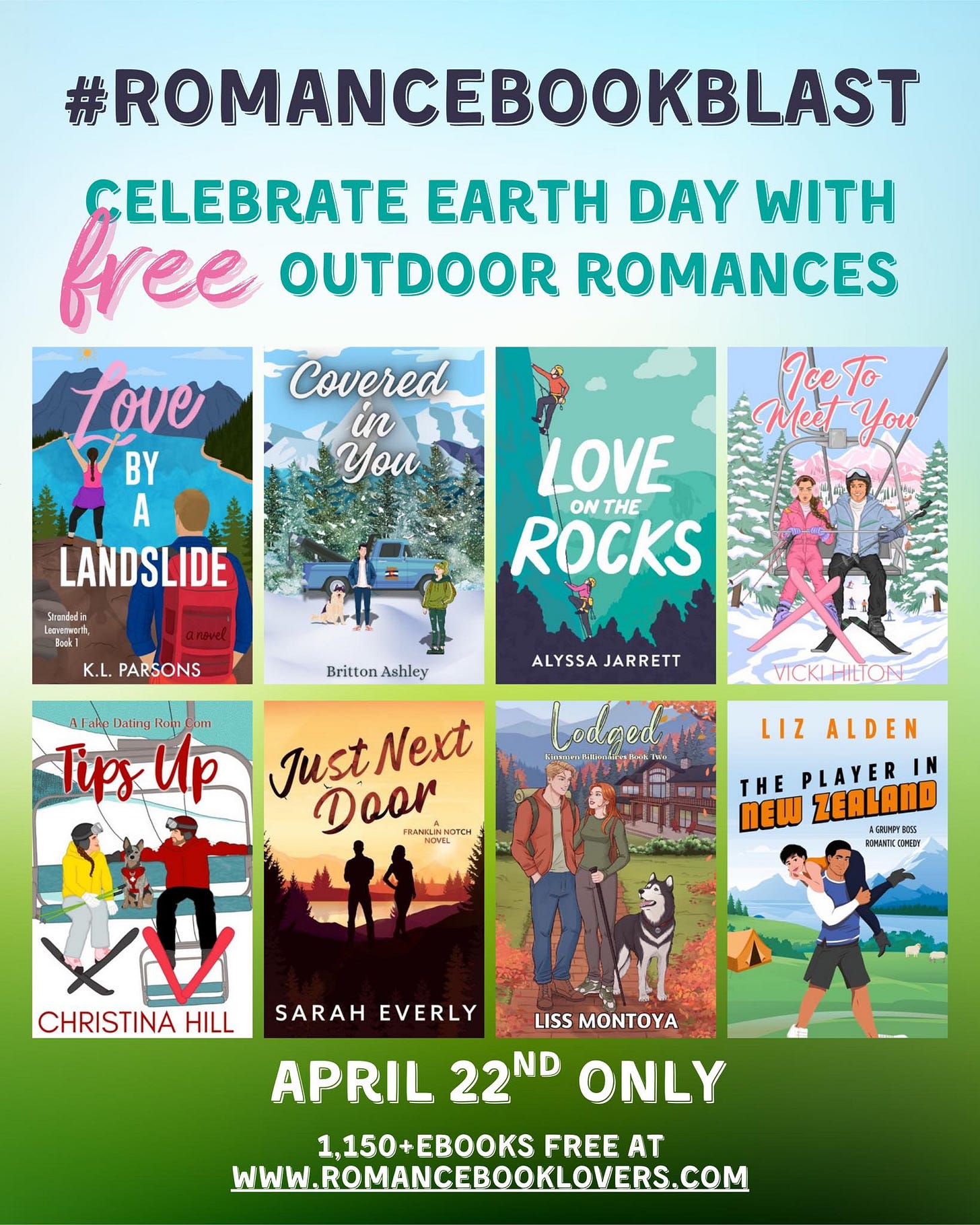
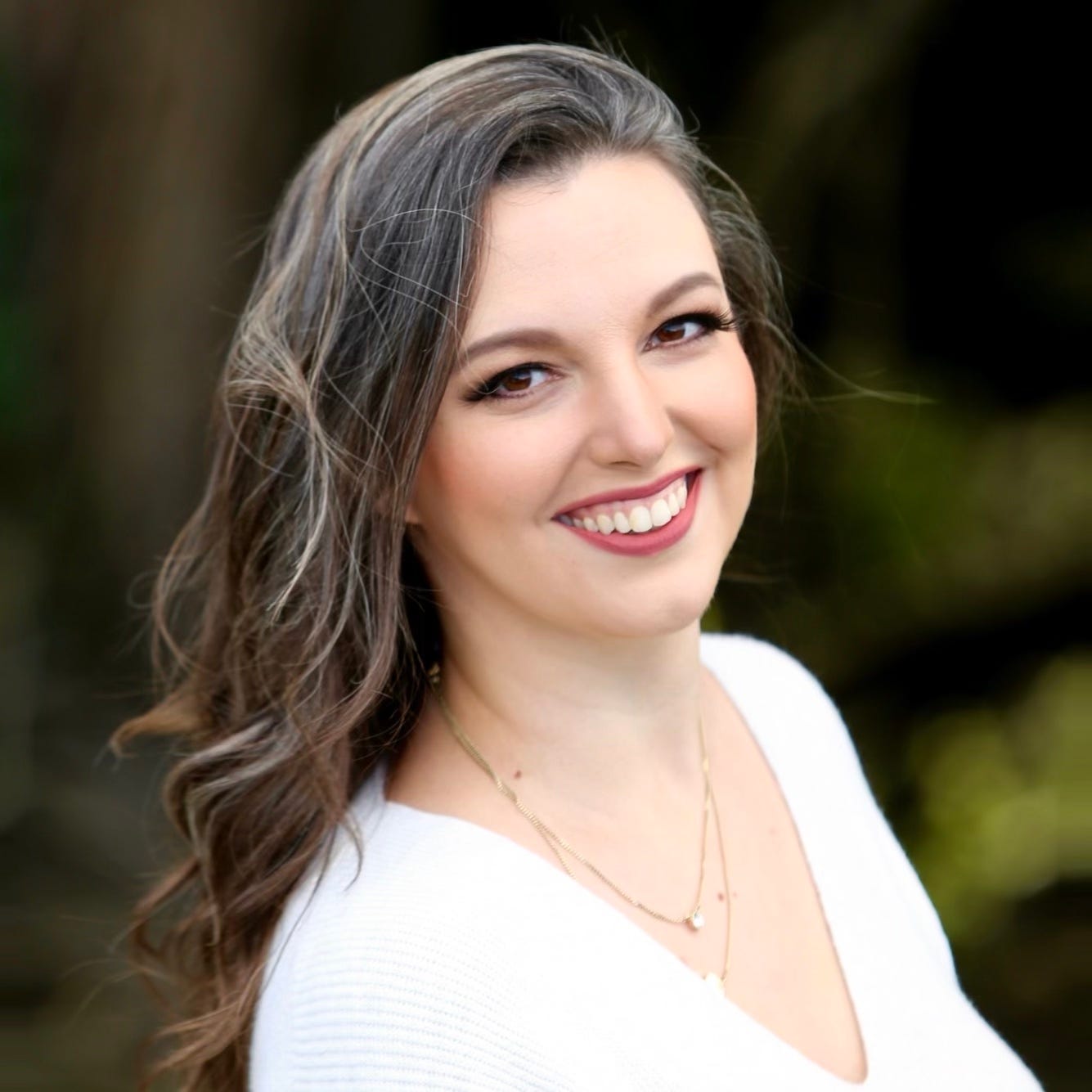

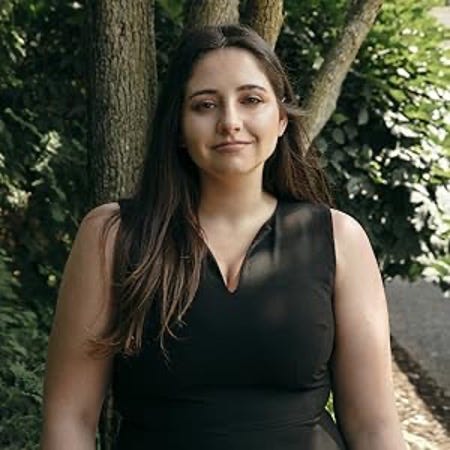
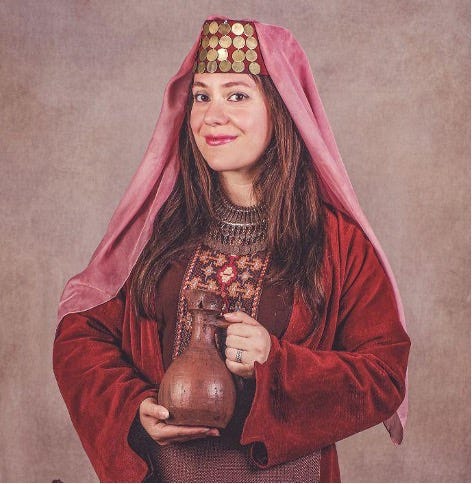
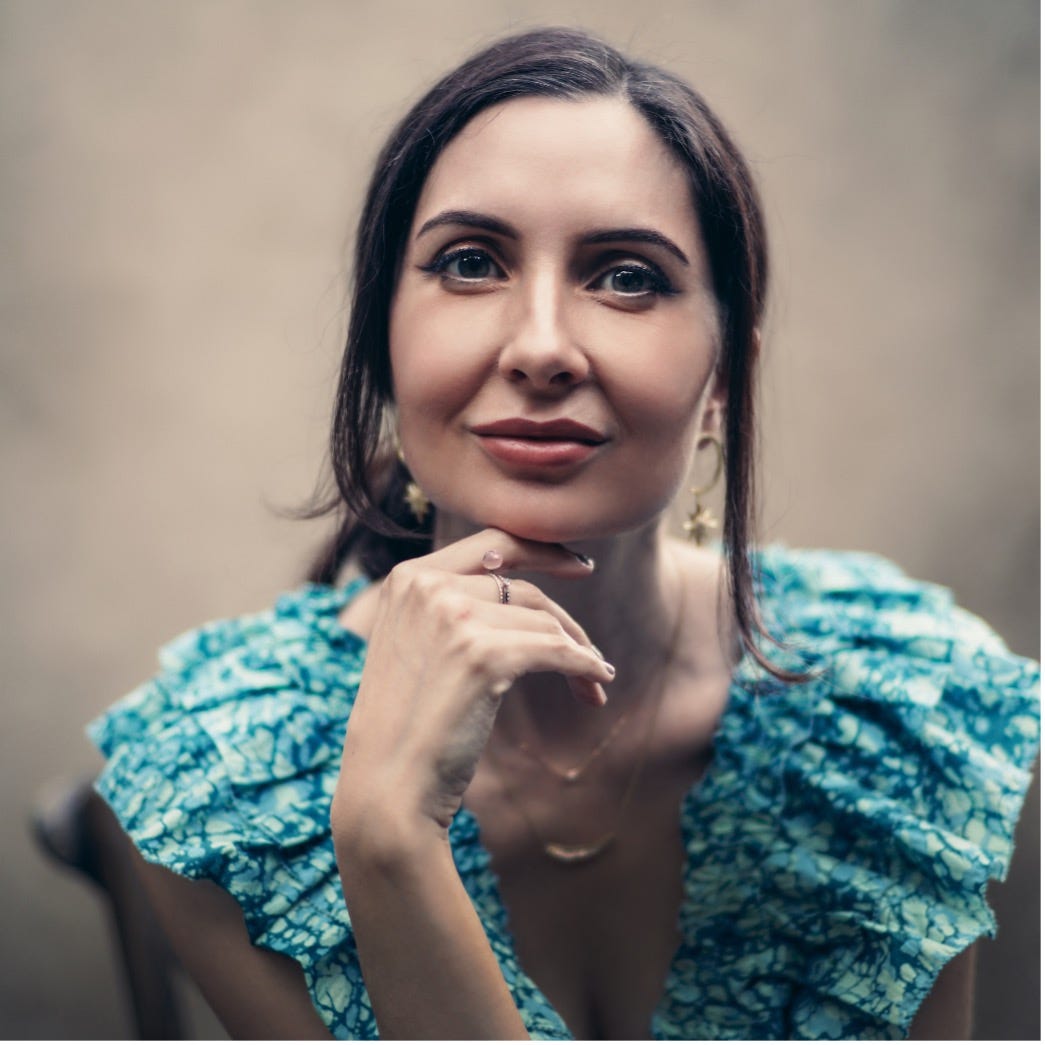
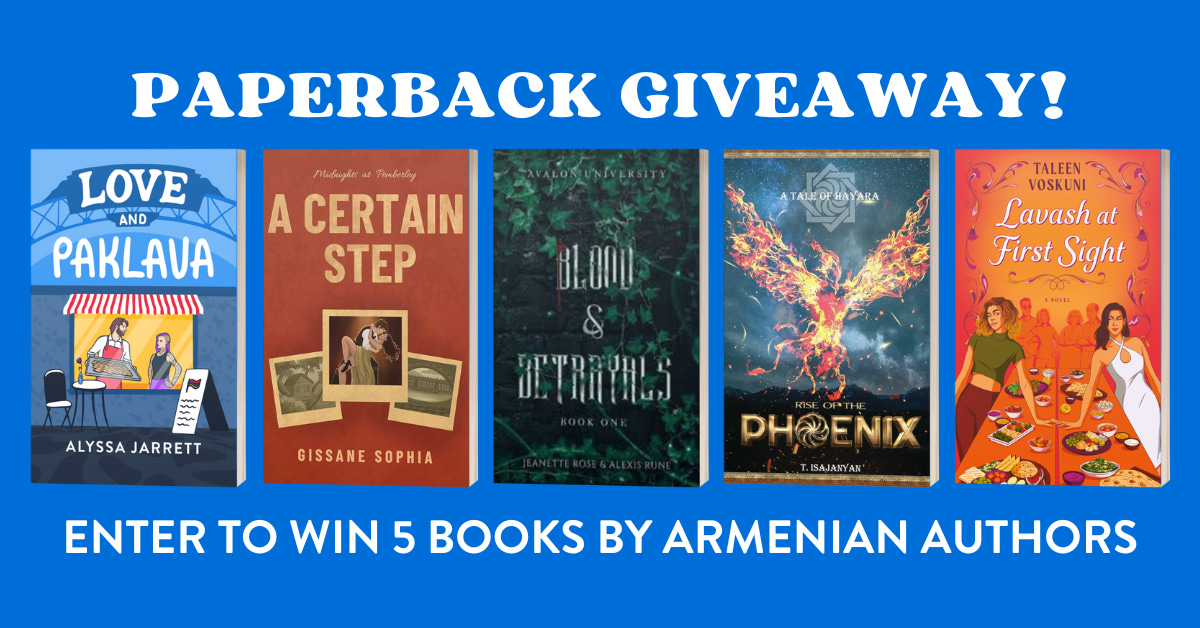
So thrilled to be part of this interview and giveaway! 💜🇦🇲